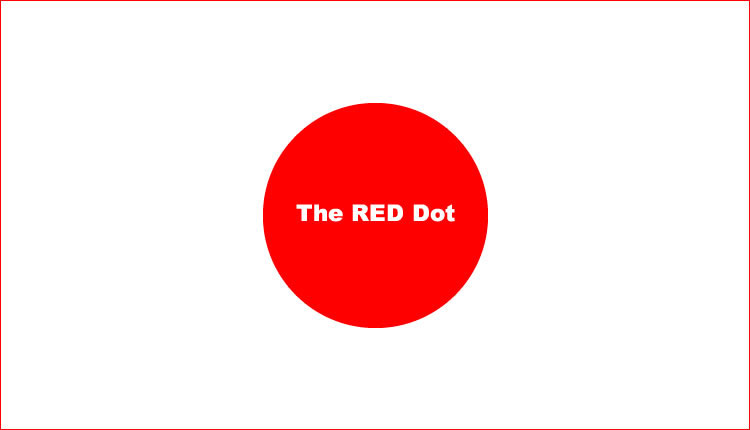Is performance important? You bet it is. Your job will depend on it. Try surviving on a handful of lousy performances and see how difficult it is to overcome the community’s opinion of your band.
I often tell my students that our reputation is somewhat like that of a painter. Try painting the wall of a room solid white. When you finish, put a small red dot (about the size of your little finger nail) in the middle of the wall. I guarantee nobody will notice the texture of the paint or the fact that it is evenly spread throughout the wall in a professional manner. All they will notice is the RED DOT.

This example is very much like how a bad performance may be viewed by the public. Nobody will hear all the right notes, played very in tune. They will not hear the beautiful melodies nor the wonderful rhythm of the ensemble. They will-however-very much notice the RED DOT. (In case you don’t get the point of this example, the RED DOT is a major mistake in the performance.)
RED DOT’s are hard to cover up so they can’t be seen in the future. And don’t worry, the public will ALWAYS remember the RED DOT. They will never let you, or anyone else, forget about the RED DOT.
Are you irritated by the RED DOT yet???
Get rid of it in practice!
Rubric for Better performance
One of the best things I learned about performance was from one of my students. The student was not aware of it nor was she attempting to be proactive. It was something she told me that made me think about how students perceive practice and performance. I was able to take a simple comment from this student and build a simple solution to the problem. The solution presented itself at my students’ perspective and gave them a rationale form of learning how to measure their desired performance goal. I call this simple solution my Performance Rubric. Here is how it works…
I told a student one day that I had not seen her practicing her festival music. I explained to her since festival was in a few weeks, perhaps she had better bet busy so the band would perform well. She quickly informed me that “she knew all of her notes”.
I quickly responded back that quality performance was simply more than knowing your notes. The student looked at me in dis-belief. She did not have a clue what I was talking about. What could expected more of her than to “know her notes”?
I devised a rubric, or special chart, for all of my students and explained to them exactly what would expected of them to play a top level quality performance. The first column of the chart explained to that if one did only “their notes” they should expect to receive a 5 rating from a judge during a festival performance. I added more columns to the right and each time added more musical requirements for what it take to receive a 4, or a 3, etc. Each time the student was expected to carry the requirements of column one over to the next column. Check it out and see what you think. (Don’t laugh…My kids understood it. It put things into their view)

Believe it or not, it works. Kids understand this simple chart. They quickly learn that if they only focus on their notes they will receive a five at festival. If they focus on their notes and their rhythm, they will receive a four, and so on…
A score of a ONE must have focus on everybody’s part of all of the columns, not just the notes, but the notes, the correct rhythm, the correct dynamics & articulation, the proper balance and tonation, and finally the hardest one master….tone quality.
This chart also gives the students the ability to gauge themselves in their individual and ensemble practices. They know what level they are on and where they need to go or maintain in order to achieve their goals.
Oliver C. Boone is the superintendent of education with the Wynnbrook Christian Schools in Columbus, Georgia. A music teacher for more than 20 years, he holds a Ph.D. in educational leadership and is an advocate for the promotion of the Arts in the educational curriculum.



